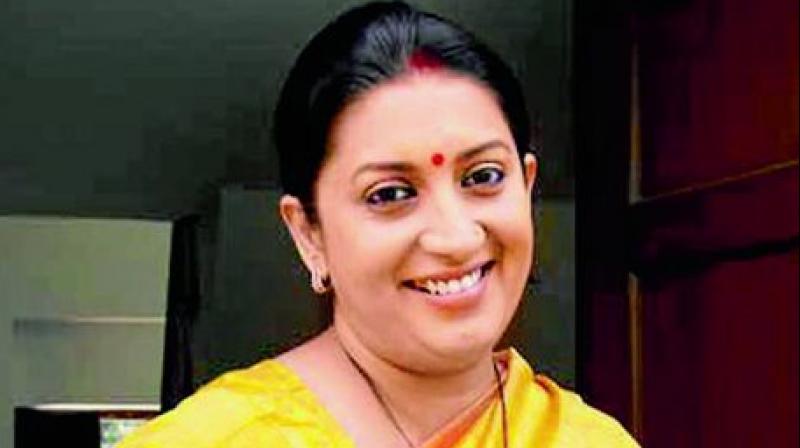POCSO Bill with death penalty gets nod

New Delhi: The Lok Sabha on Thursday passed the Protection of Children from Sexual Offences (Amendment) or POCSO Bill 2019, which seeks to award the death penalty for aggravated sexual assault on children and greater penalties for other crimes against minors. The Bill, which has already been passed by the Rajya Sabha, defines child pornography, making it punishable.
In a rare occasion, almost all members cutting across party lines supported the Bill. Some, however, demanded that Bill be referred to the Standing Committee or Select Committee as it makes certain offences punishable with death.
Women and child development minister Smriti Irani said it aims at making offences against children gender neutral.
The Bill would provide added legal protection to 39 per cent of the population or 43 crore children, irrespective of the victims’ gender. It also defines child pornography so that sexual predators indulging in such heinous crimes can be punished, she said.
Recalling a case wherein children were administered drugs and hormones to make them sexually active, she said, the law is aimed at providing stringent punishment to such offenders.
Congress MP Su Thirunavukkarasar suggested that since the Bill has a provision for the death penalty, it should be sent to a Parliamentary committee for further scrutiny.
DMK’s Kanimozhi said that Bill should be sent to select committee or standing committee as harsher punishment could deter people from reporting the crime. BJD’s Bhartruhari Mahtab pointed out to Ms Irani that the Hindi version of the POCSO Bill used the word “balakon”, a term for young boys, while the English word “children” is gender neutral. The minister responded that the legislative department of the government had vetted the Bill and cleared it.
Amroha MP Danish Ali (BSP) also backed the bill, saying he supported capital punishment for those convicted under this Act.

